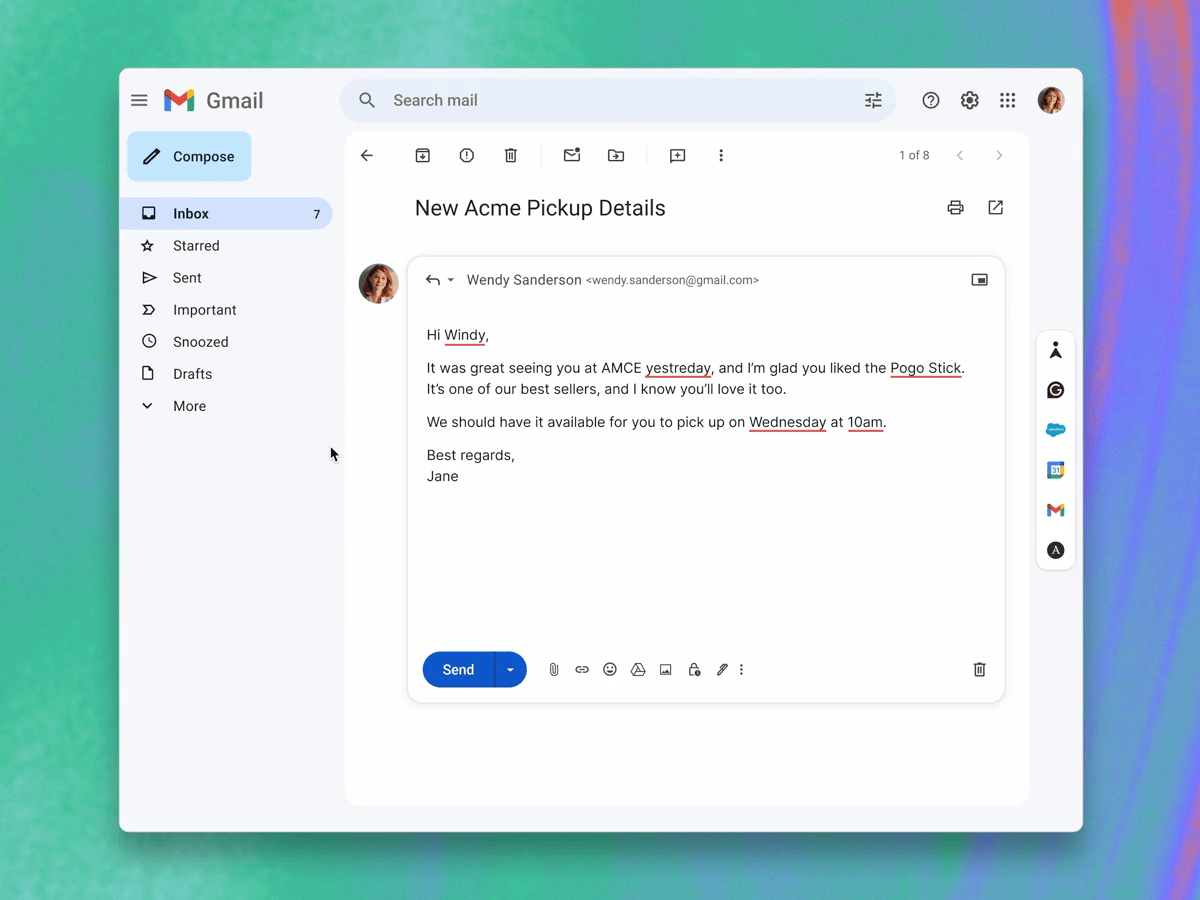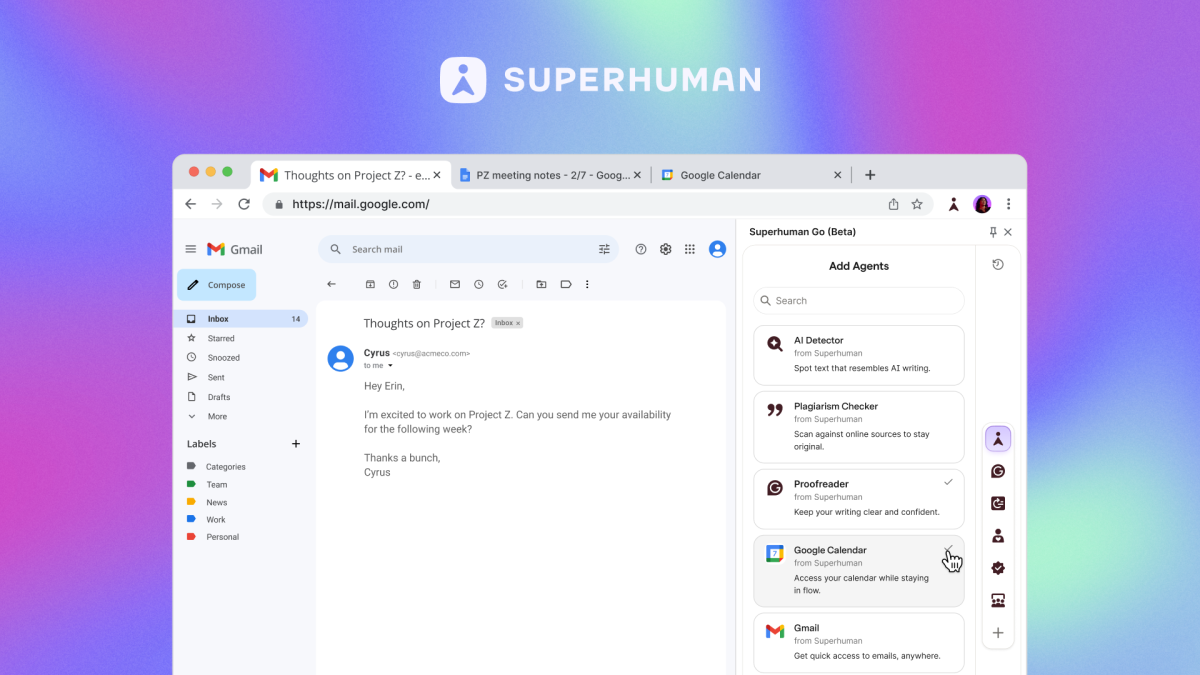Imagine a world where your everyday communications aren't just grammatically correct, but fundamentally *accurate*. A world where a simple typo isn’t the biggest problem, but a missed meeting time or outdated information is instantly flagged. That future is arriving with a significant evolution of the familiar writing assistant you may know.
This isn’t merely a rebrand; it’s a fundamental shift in how we interact with information. The core technology, previously known as Grammarly, has been reimagined and consolidated into a suite now called Superhuman. It’s designed to do more than just catch errors – it aims to proactively verify the details within your messages.

At its heart, Superhuman operates by deploying intelligent “agents” that analyze your writing against a constantly updating context of your own data. Think of it as a dynamic fact-checker working in real-time, scrutinizing your words against your calendar, CRM, and other connected applications.
Consider a simple scenario: you’re emailing a colleague about a scheduled meeting. If that meeting has been rescheduled, Superhuman won’t just highlight a misspelled name. It will actively point out the incorrect time and suggest an update, drawing directly from your calendar information. It’s a subtle but powerful distinction.

The Superhuman suite encompasses several tools – including the original Grammarly, a dedicated email program, a collaborative workspace, and the central “Go” AI engine that ties everything together. This interconnectedness is key, allowing agents to access and cross-reference information across multiple platforms.
Currently, users can access a growing “agent store” featuring integrations with popular tools like Google Workspace, Microsoft Outlook, Jira, and Confluence. Specialized agents from partners like Fireflies and Quizlet offer even more targeted functionality, expanding the scope of verification. The more connections you make, the more comprehensive the fact-checking becomes.
Despite this increased access to data, the company emphasizes a commitment to user privacy. They state that user content will not be sold or used to train third-party models, and users retain full control over their information. This is a critical reassurance in an era of growing data concerns.
For a limited time, the advanced “Go” features will be available at no additional cost, offering a glimpse into the potential of this new approach to communication. While access to the full suite involves a subscription fee, the promise is a significant reduction in errors and a boost in overall productivity.





